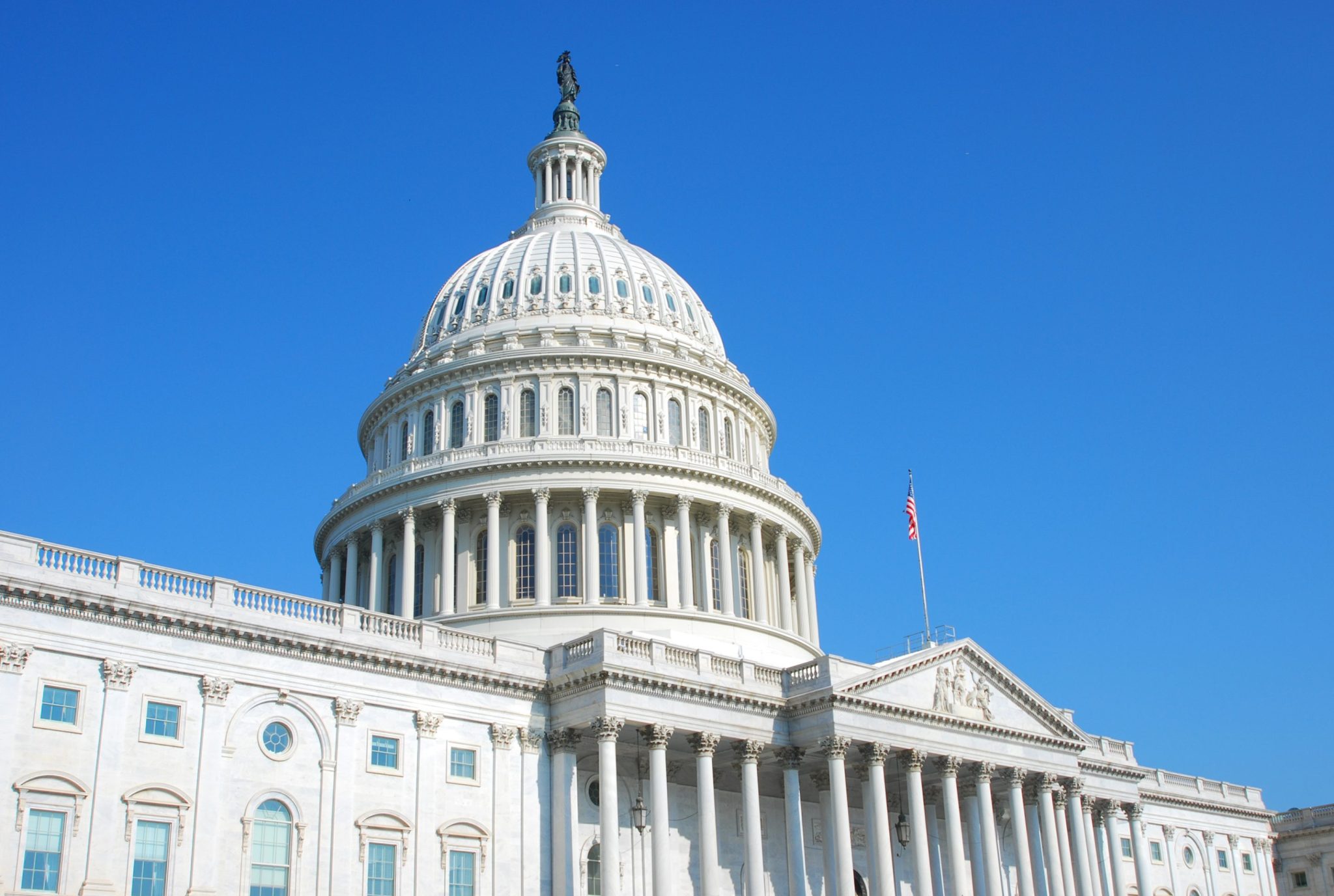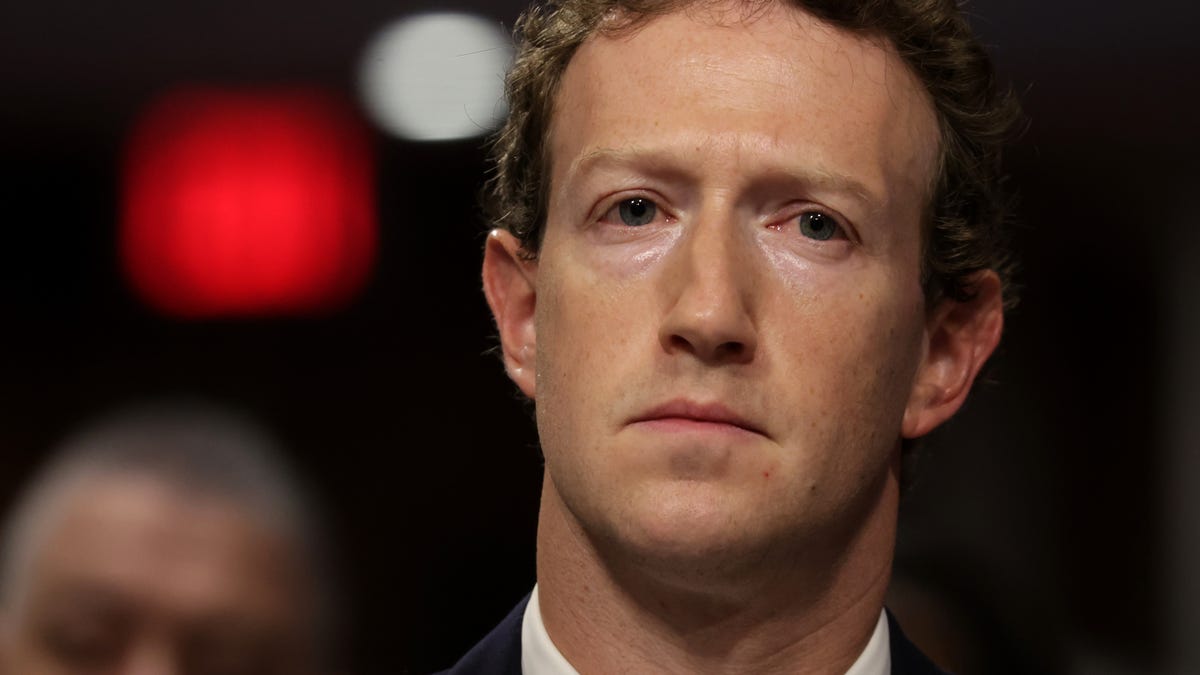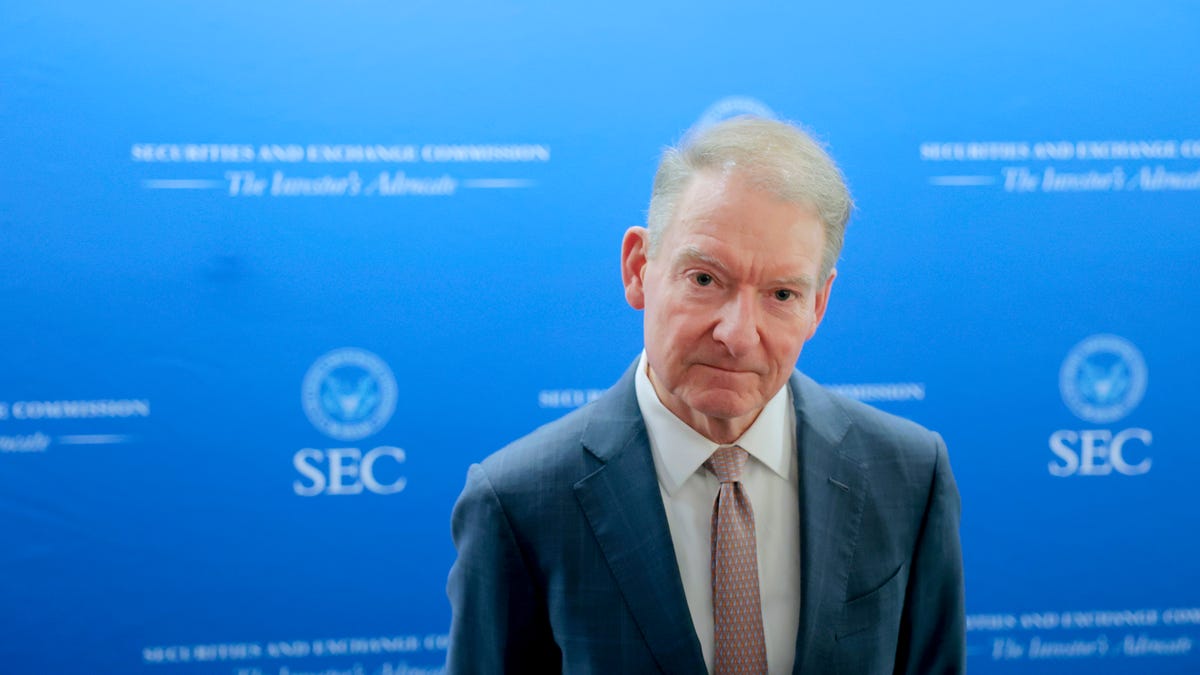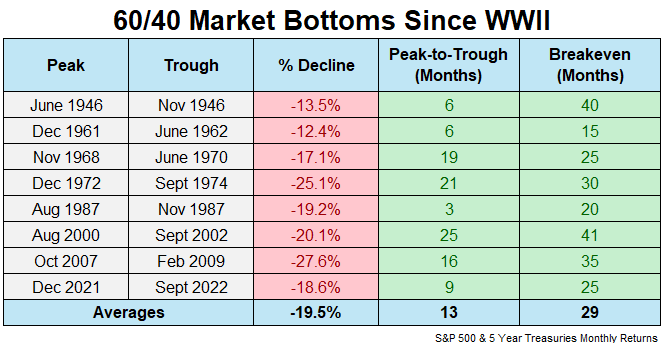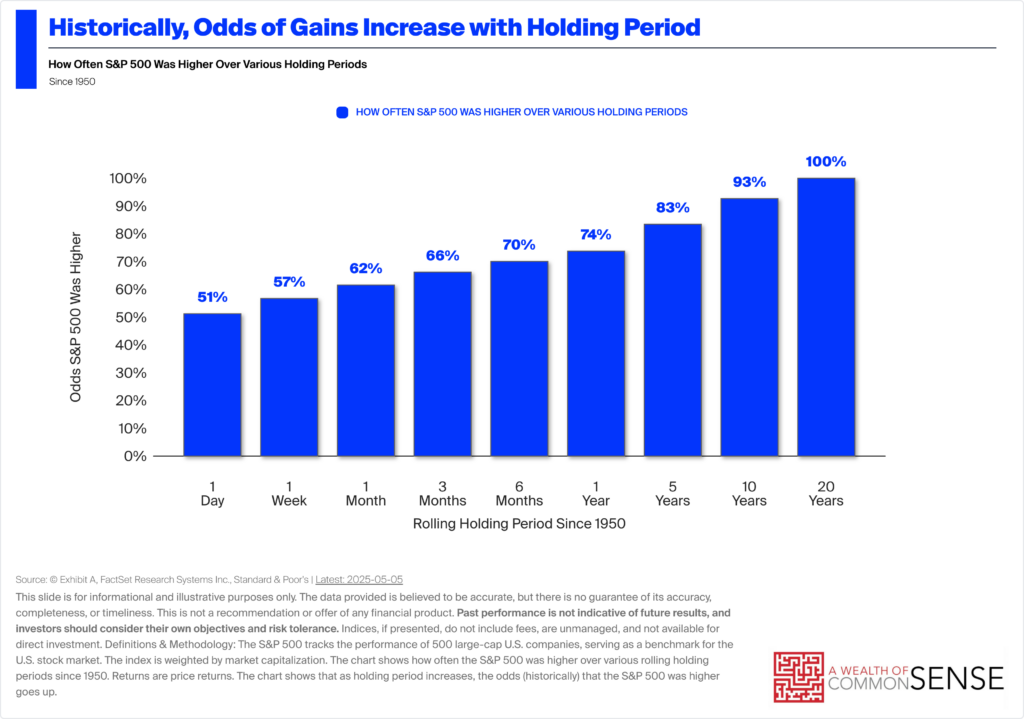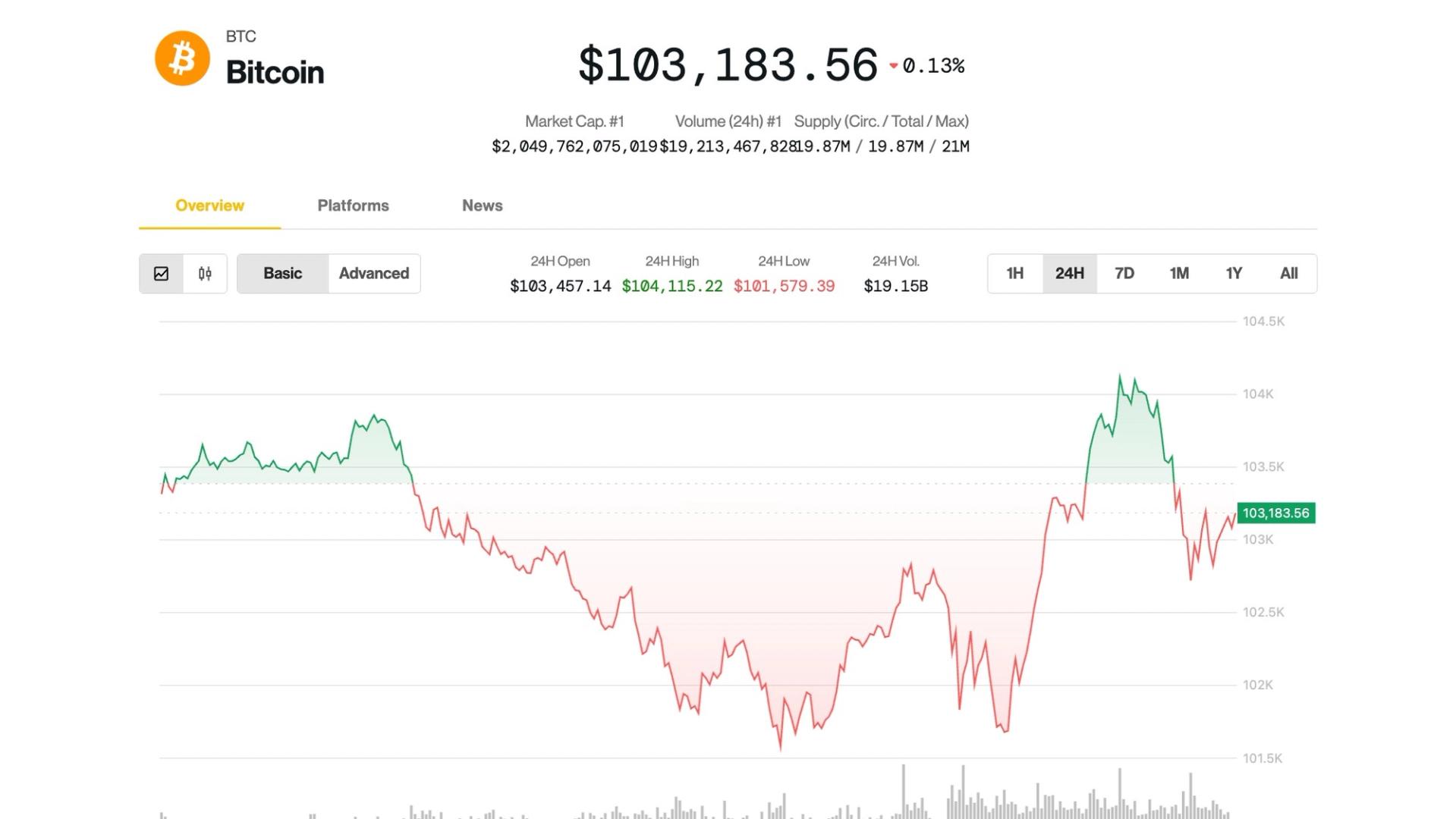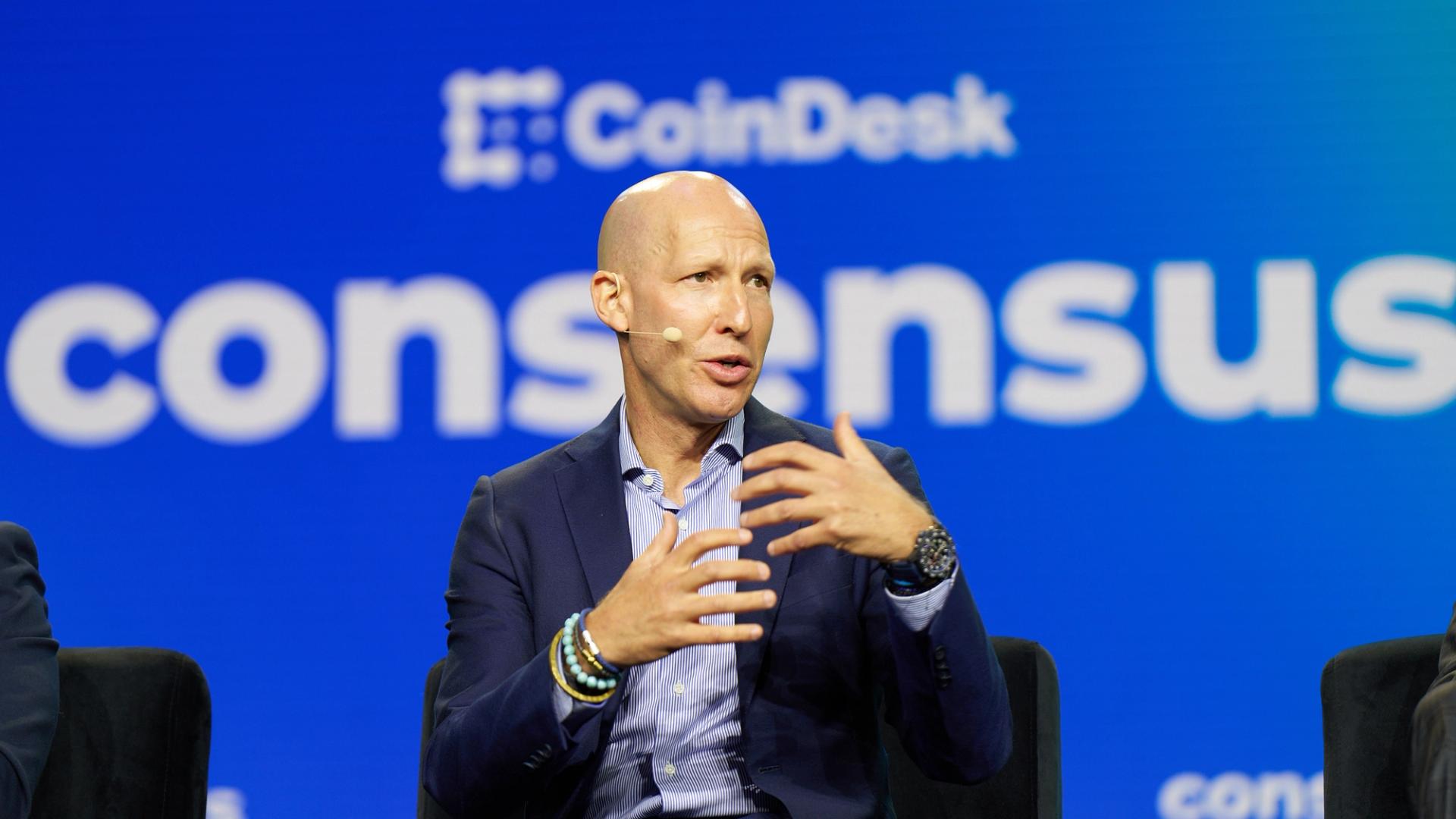3 Medicare Changes Trump Should Make – But Probably Won’t
President Donald Trump has now been in office for more than 100 days, and investors certainly have a much more clear picture of what the new president has in mind for the economy. Of course, there’s plenty for the market to digest when it comes to his trade and immigration policies, never mind his pending […] The post 3 Medicare Changes Trump Should Make – But Probably Won’t appeared first on 24/7 Wall St..

President Donald Trump has now been in office for more than 100 days, and investors certainly have a much more clear picture of what the new president has in mind for the economy. Of course, there’s plenty for the market to digest when it comes to his trade and immigration policies, never mind his pending tax bill which is now up for discussion.
But within his incoming tax bill, and outside of this bill with future potential legislation, are some changes on their way to the Medicare program. This program serves millions of American retirees, and is an essential piece of the social security picture that administrations have attempted to change in the past (with great difficulty).
Key Points
-
President Trump has made a myriad of moves in his first 100 days in office, but significant Medicare changes have not been on the docket thus far.
-
Here are three changes that could be made, but most likely won’t.
-
Are you ahead, or behind on retirement? SmartAsset’s free tool can match you with a financial advisor in minutes to help you answer that today. Each advisor has been carefully vetted, and must act in your best interests. Don’t waste another minute; get started by clicking here here.(Sponsor)
And while there are some Republican proposals for specific tweaks to the Medicare program that are now being discussed, it’s also true that there are some bipartisan changes that could be made to this program to make Medicare better for future generations. However, again, it’s hard to get anything significant passed when it comes to this particular well-loved program for retirees, so I’m not going to be holding my breath.
That said, without further ado, let’s dive into these potential changes I’d like to see (but probably won’t).
Prescription Drug Prices Are Negotiated By the Government

One of the quintessential cornerstones of the American healthcare system is that it’s basically entirely “free market.” What that means is up for debate. But essentially, private companies (insurers, middle men, and others) control the prices that are charged for drugs, which can mean that certain drugs targeting very specific conditions (with smaller target markets) can be sold for tremendous sums.
Unlike other universal healthcare systems around the world (which most developed countries have), in which governments are able to negotiate with drug companies for a specific supply of drugs for their entire nation (securing better prices), that’s just not how the system works stateside.
And while the Biden administration did have some small wins in allowing Medicare to negotiate the price of a short list of drugs (with drug companies “voluntarily” reducing prices on specific drugs like insulin), it’s also true that Donald Trump and other shave asserted wider-spread negotiation directly with pharmaceutical companies could save $300 billion annually.
Now, the Congressional Budget Office (CBO) has challenged this claim, suggesting the actual impact on drug prices could be minimal. But one key reason is the lack of competition in certain drug markets, especially with innovative therapies where no alternatives exist.
Executive Orders Impacting Drug Prices
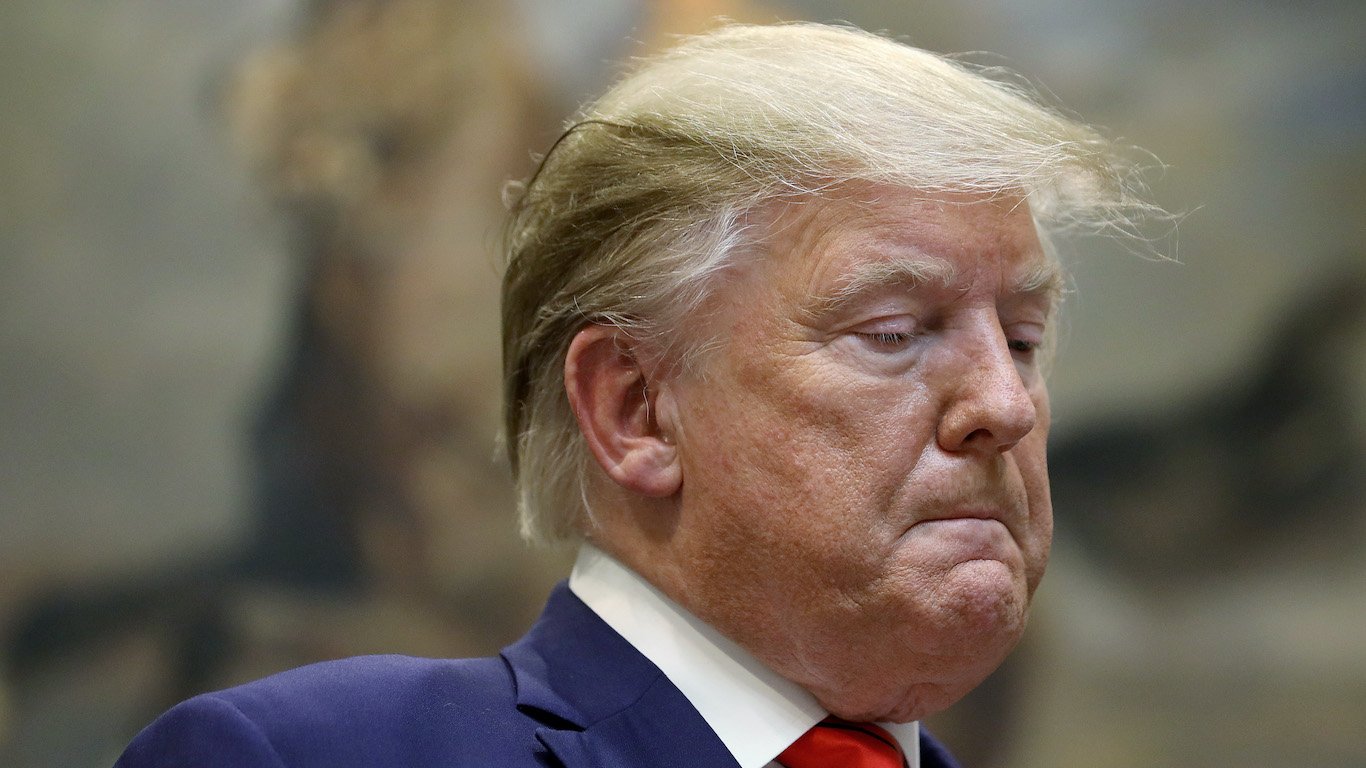
One thing we can be sure about with president Trump’s second term is that this president is not afraid of using executive orders to get what he wants.
On this front, President Trump has issued an executive order reversing previous policies aimed at curbing drug spending under Medicaid and Medicare. He also rescinded a directive that instructed the Center for Medicare and Medicaid Innovation (CMMI) to explore new payment models to control drug costs.
The stated goal of these actions is to enhance price negotiations with pharmaceutical companies ahead of Medicare’s second round of drug price talks in 2025. Now, a number of his supporters have argued that rolling back certain restrictions could give the administration more flexibility to secure favorable terms from drug manufacturers.
However, critics contend that eliminating established cost-control measures might weaken efforts to reduce prescription drug expenses for patients. With drug prices remaining a significant burden for seniors and taxpayers, the effectiveness of Trump’s approach will depend on whether these policy shifts lead to meaningful savings without compromising patient access to essential medications.
Medicare Streamlining May Be Needed
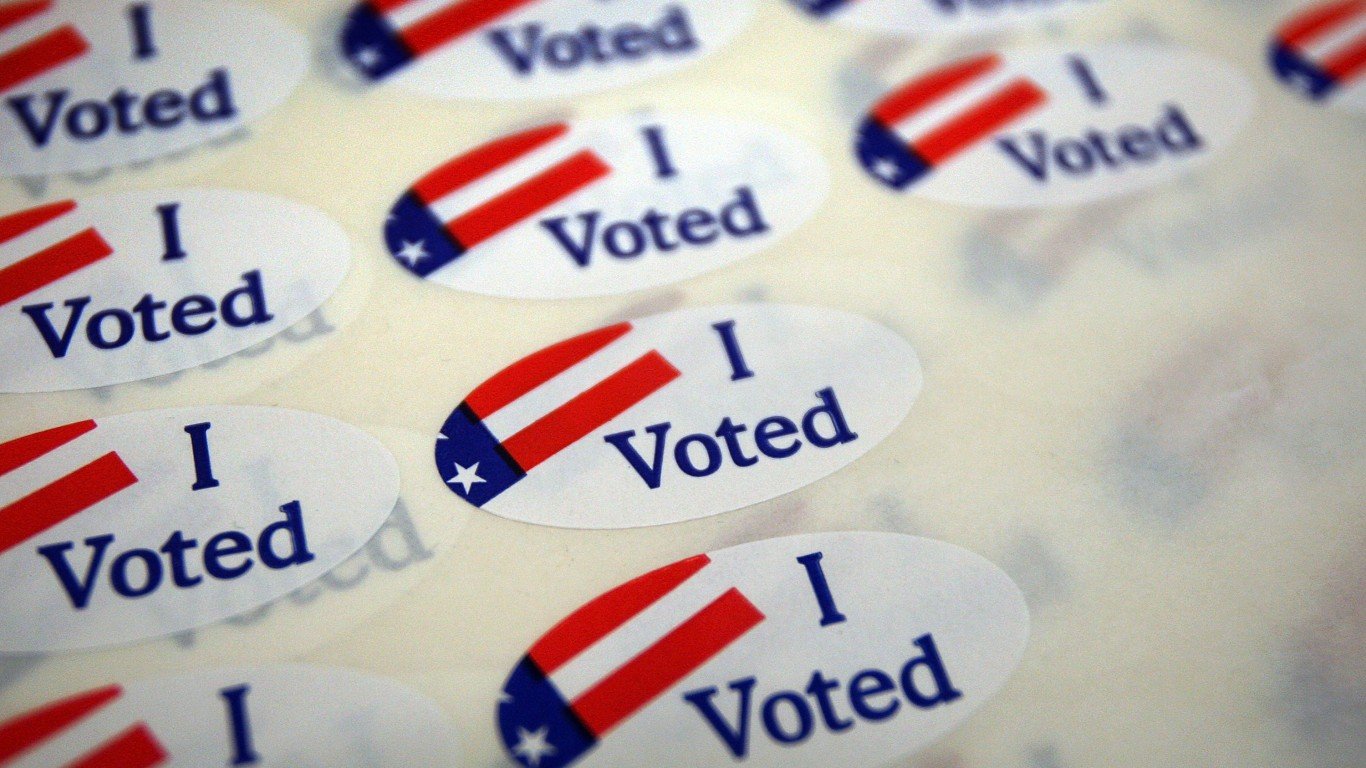
There are varying predictions for when Medicare will run out of money, and it always seems to be just a few years away. But for anyone who’s under the age of 65, the threat of not having Medicare when it’s needed is something that should rightfully scare millions of Americans.
The idea of cuts to Medicare will be necessary to ensure the viability of this program long-term have been around for some time. And while the whole issue of cutting Medicare in any way shape or form has become politically toxic (with assertions from both parties that the other will eventually propose deep cuts to Medicare) are unlikely to bear fruit. The reality is that Medicare recipients tend to provide the votes both parties need to win elections, and as such, additional Medicare spending (rather than cuts) is more likely to be proposed than any sort of meaningful streamlining.
By streamlining, I’m talking about commonsense low-hanging fruit any administration can choose to target with this program. Whether that’s adjustments to provider payments and drug pricing reforms (proposals that generally garnered bipartisan support) or other aforementioned actions such as allowing Medicare to negotiate drug prices, there’s a whole range of things that can be done to make this program more viable over the long-term.
We’ll have to see what ultimately comes of the legislation Trump has already put on the table. But for now, these are the three potential changes I’m most eagerly awaiting an update on (without baited breath).
The post 3 Medicare Changes Trump Should Make – But Probably Won’t appeared first on 24/7 Wall St..





















